This question is specifically related to a recommended architecture and people's previous experiences for cross-platform WP7, iOS, Android apps developed using C#, Monotouch and Monodroid respectively. I have researched previous questions here, here and here. They provide good answers but not quite what I'm looking for. I have also found this excellent question which does go into the cost benefit so there is some overlap.
I have a requirement to develop a cross-platform iPhone/iPad, WP7 and android app for a health & fitness company, which will integrate with their website. The app requires a small amount of local data storage for offline mode and synchronisation with the website when a network is available. I am a Windows (C#/C++) developer through and through and don't really want to go down the route of three Objective C, Java and C# apps, although I will if I have to. I will also be operating as tech lead and farming out some work to a team on this project.
I would like to know if anyone here has experience with cross-platform development using Monotouch, Monodroid and WP7 and to share their experience on application architecture to re-use as much code as possible. The architecture I am considering is as follows:

My question is as follows:
- Has anyone here tried something like this?
- Are these frameworks (Monotouch, monodroid) worth their salt for this sort of work?
- Can I setup the entire project in Visual Studio 2010 with separate projects (dlls/exe) for the Monotouch, Monodroid and Wp7 target (but shared code using 'Add as Link')?
- What sort of code-reuse can I realistically expect with this (or a similar) architecture? i.e. what strategies/patterns can I use to re-use local data access, webservices, and business logic?



